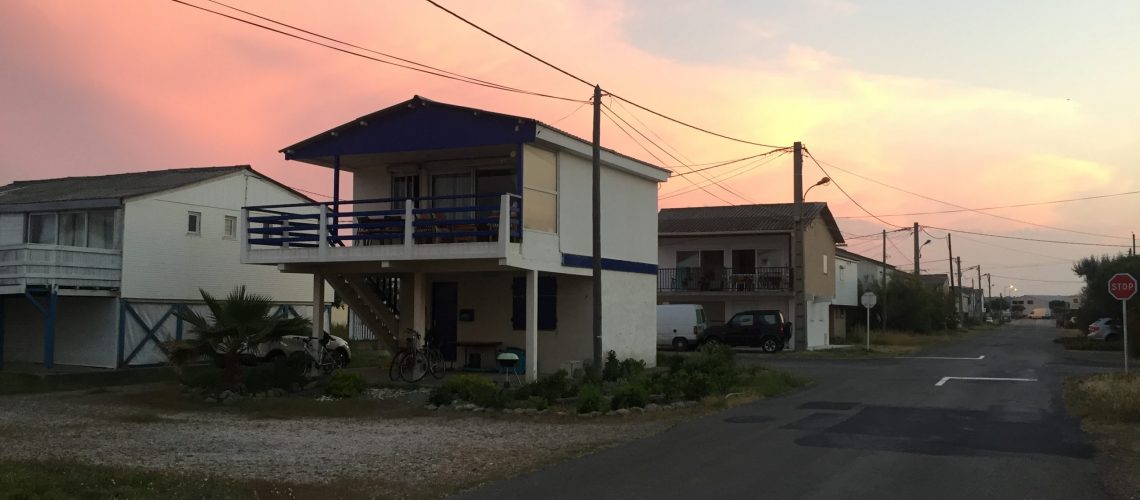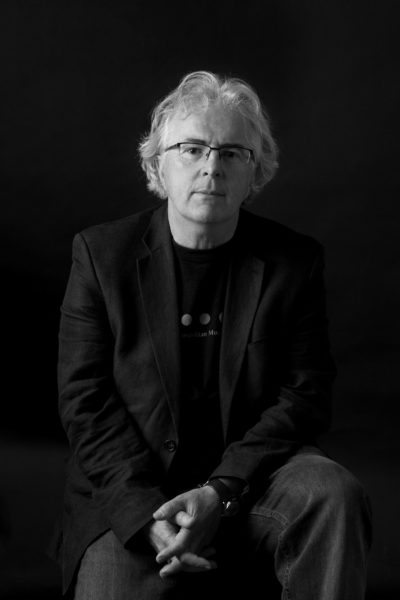There’s an amazing scene in the film M by Fritz Lang* where a serial killer of children is put on trial by the local criminal fraternity and the parents of those he has murdered. They decide, not surprisingly, that he must die for his crimes. And in the scene, the murderer, Beckert, played wonderfully by the wonderful Peter Lorre, tells them all that they cannot kill him, in fact they have no right to try him at all, because he is a man.
And men have rights, and such rights must be protected by the law. Even men like him. So he demands to be turned over to the law.
Of course we believe this too in Europe and to prove it we have removed the death sentence from the statutes to protect even the most heinous murderers and rapists. Even those people, apparently, have rights. Even the man who murdered so many people in Manchester, last week. Imagine.
Today all seven Irish newspapers published a picture of a man on their front pages. A person. A human being at a very vulnerable moment. The photo was taken by people with guns when the person was incarcerated.
The newspapers put various headlines to go with it, from bad golf jokes to more serious brief overviews of who the pictured man is and how it was taken. You all saw it.
The man is an African American approaching middle age, he’s 41 years old, in fact. He looks a bit older, I think, his hair is receding. His eyes are heavy lidded, as though he were tired, or had just awoken or if he had been taking too much drink or painkillers after surgery, or some other substance.
A breathalyser showed he had not been drinking.
He was a very famous sportsman, if you call golf a sport. I happen to. He may still be a sportsman, if he recovers from injury, or from this indignity – we don’t know that yet. We know his face well, even this iteration of it.
The picture was taken by the Palm Beach County Sheriff’s Office in Florida and made public and all our newspapers chose to print it on their front pages today. Every one of them.
Now, why is that? Is it because the photo was free? Or because the man is famous, or very famous? Is it because the other newspapers were going to use it so they all didn’t want to miss out? Will it sell newspapers? Did they print it for money?
Or is it because the man is a bad person and needs to be punished?
Is it because we all needed to see the photo to learn something about ourselves – this could be said, for example, of the publication of the picture of Alan Kurdi, the three year old Syrian refugee, washed up dead on a Turkish beach, and how it would change our attitude to refugees. By the way, how did that work out? Oh, right.
Is it because we need to learn not to drive under the influence? Is this a warning: you too could be like this man. Look at this and repent, ye who are wicked.
Did the Irish newspapers print it because they could? Because the person is American? Because this person is a man? Because he’s black? Would such a picture of Cristiano Ronaldo have been printed? Or David Beckham?
If the person arrested was a woman, would it have been published by these newspapers – let’s say it was Serena Williams. What do you think?
Or if the person was Irish – let’s say Rory McIlroy, our most famous sportsman right now. Would it have been published then? Or a past athlete, let’s say Paul McGrath, or Roy Keane or Sonia O’Sullivan, or Henry Shefflin or Stephen Roche. Yes? Or no? What do you think?
What about if the person wasn’t famous? What if the person was you or I? Would they have the right to print the photo on the first page then? I guess so. Freedom of the press and all that. But they wouldn’t, of course.
So why did all seven print a picture of this man under the influence? Why is that okay? Is he not a man? Does he have no rights because he’s famous, a celebrity, or because he’s a bad person, or because he’s not Irish?
Maybe the picture is too compelling for us not to see it. Is that it? Too important, maybe. It is important?
Is it because we want to see this picture? Really? Because I wasn’t a big fan and I didn’t want to see it. I didn’t need to see it. I’d like to unsee it, if I could. And I won’t repost it here.
I don’t think I should have seen it. His children shouldn’t have seen it.
Or should they? What about if he was as criminal – let’s say a famous murderer. Or a politician? Or a priest? Is that okay, then?
Or is it okay because he needed to be shamed? To be publicly shamed, like all those people on Twitter that Jon Ronson wrote about**? Is that the job of Irish newspapers, now? Now that they’re on the back foot and are being wiped out by the internet.
Or is it just that particular man? Because of what he did, because of what and who he is.
I don’t know, but I’m curious.
* You can see the whole film by clicking here. I highly recommend it. The ‘courtroom’ scene is at around 1:30 or so.
** So You’ve been Publicly Shamed by Jon Ronson, Picador, 2015

